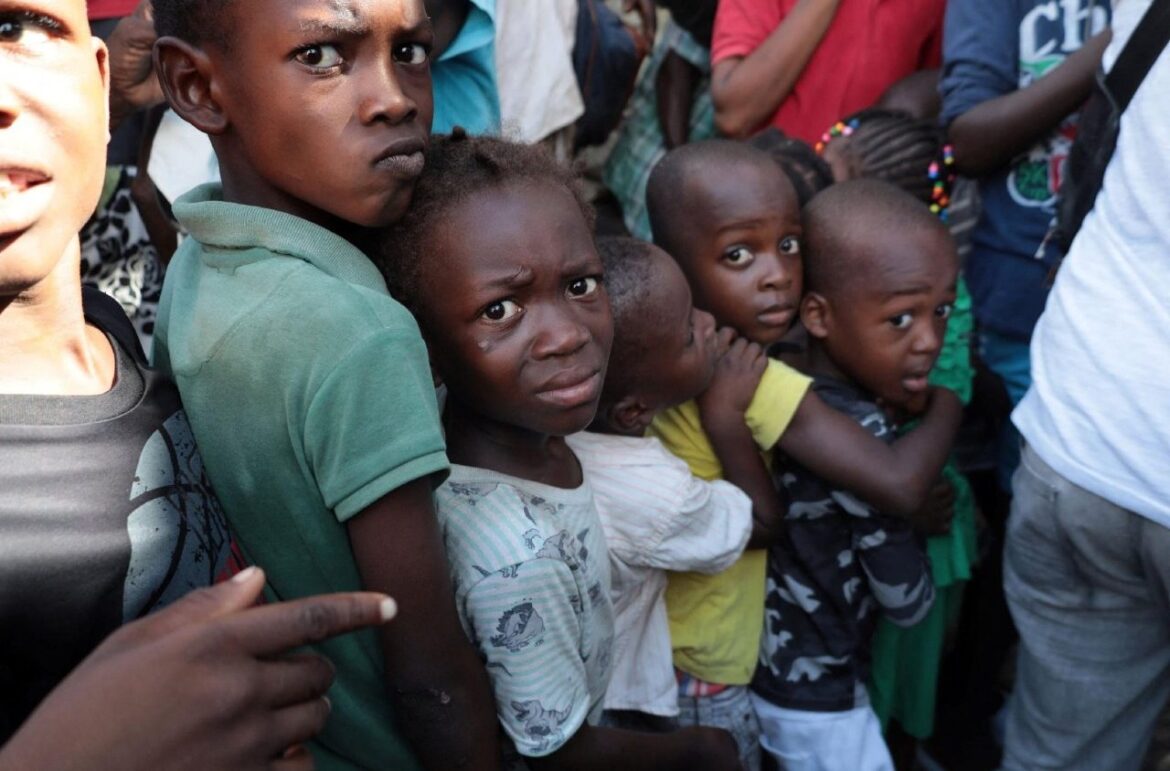
A drone attack in Haiti kills eight children at a birthday party, underscoring the country’s “multidimensional crisis” that puts children at risk, according to the UN. In the past ten days there has been at least one child victim every 24 hours due to gang violence.
By Pietro Piga
On 20 September in Port-au-Prince, the capital of Haiti, a group of children were attending a birthday party and receiving gifts when a drone strike took place, killing eight of them. The attack came as the vortex of violence between criminal gangs engulfing the Caribbean nation for years now continues to worsen. The drone strike also killed four gang members and three adult civilians, and injured seven others, according to a report from the National Network for the Defense of Human Rights in Haiti. The drones were believed to have been launched by the police while gang leader Albert Stevenson was celebrating his birthday and handing out gifts to the children.
UNICEF decries worsening violence
The attack in Port-au-Prince — a city now 90% controlled by criminal gangs — is yet another sign of what the United Nations describes as a “worsening multidimensional crisis affecting the political, security, human rights, and humanitarian spheres, with regional implications,” and one that puts children especially at serious risk. Geeta Narayan, UNICEF’s representative in the country, expressed deep concern for the children who “are trapped in relentless cycles of violence.” She reported that “just a few days earlier, on 11 September, four children were killed in an attack by armed groups while they were inside their home,” and urged “urgent action to ensure the protection of children and the respect of their fundamental rights.”
Obligation to protect children
In addition to causing 4,026 deaths between January and May 2025, according to Global Initiative, gang violence has fragmented the country and weakened its state institutions. Gangs are also expanding their control along the border between Haiti and the Dominican Republic, and the violence is disproportionately affecting children. In its most recent report, published on 18 September, the nonprofit organization found that among Haiti’s 1.3 million displaced people, half are minors. Among those who remain in the country, 700,000 children are homeless, have limited access to electricity, clean drinking water, and sanitation. Furthermore, 243,000 children are unable to attend school because 1,600 schools were closed in the first half of this year. The UN has documented that half a million children live in areas controlled by criminal gangs, and 30% of them have been recruited.
UNICEF has made frequent appeals to the international community for humanitarian action and assistance for the children of Haiti.

